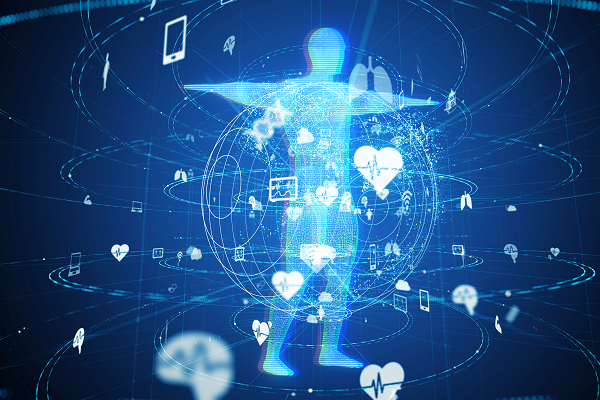5G is coming, what are we going to do with it?
After the latest generation of wireless technology, 4G LTE debuted; nobody could have predicted the changes that’d follow.
4G didn’t disrupt the taxi industry, but it enabled Uber and other ride sharing companies to do so. It’s initial use wasn’t to expand the reach of social media and its use on smartphones, but Facebook, Twitter and Instagram made use of it. Additionally, streaming services like Netflix use it and AirTasker and Airbnb found ways to disrupt their industries.
ADVERTISEMENT
So with the rollout of 5G, what could change?
Frost and Sullivan’s ICT practice senior industry analyst Troy Morley says that while he doesn’t have a crystal ball and would like to know what the 5G version of Uber and Airbnb are, he can only predict.
“The technical promises of 5G are known: faster data speeds, better response times, higher densities of devices, more reliable and more available, designed to assist massive numbers of ‘things’ as well as support vehicle-to-anything communication and much more, all while being more energy-efficient,” Troy says.
“While 5G is being built to support technical requirements such as these (only much more specific), so what?”
In a recent analysis titled The Far-Reaching Potential of 5G: Explored from the Perspective of Key Vertical Industry Use Cases, Troy touched on the exciting and scary “so what?”
“Automated factories? Smart cities? 5G will be a key piece of making these objectives a reality,” he says.
“Healthcare is top of many minds and 5G NR promises to provide several interesting possible use cases. 5G to move large amounts of medical data?
“That sounds reasonable. Remote monitoring or remote check-ups?
“How about remote surgery?
“A surgeon operating on someone NOT in the same room and maybe not in the same country or continent?
“The driverless vehicle is beginning to sound more reasonable.”
Troy also mentions a potential use that could be helpful for the current Coronavirus outbreak with the remote use of healthcare. Requiring real-time, high-quality video conferencing amongst other things, 5G could potentially help with remote healthcare and with high-risk viruses. Remote healthcare can also have applications to rural areas, not just high-risk areas.
-
ADVERTISEMENT
-
ADVERTISEMENT


